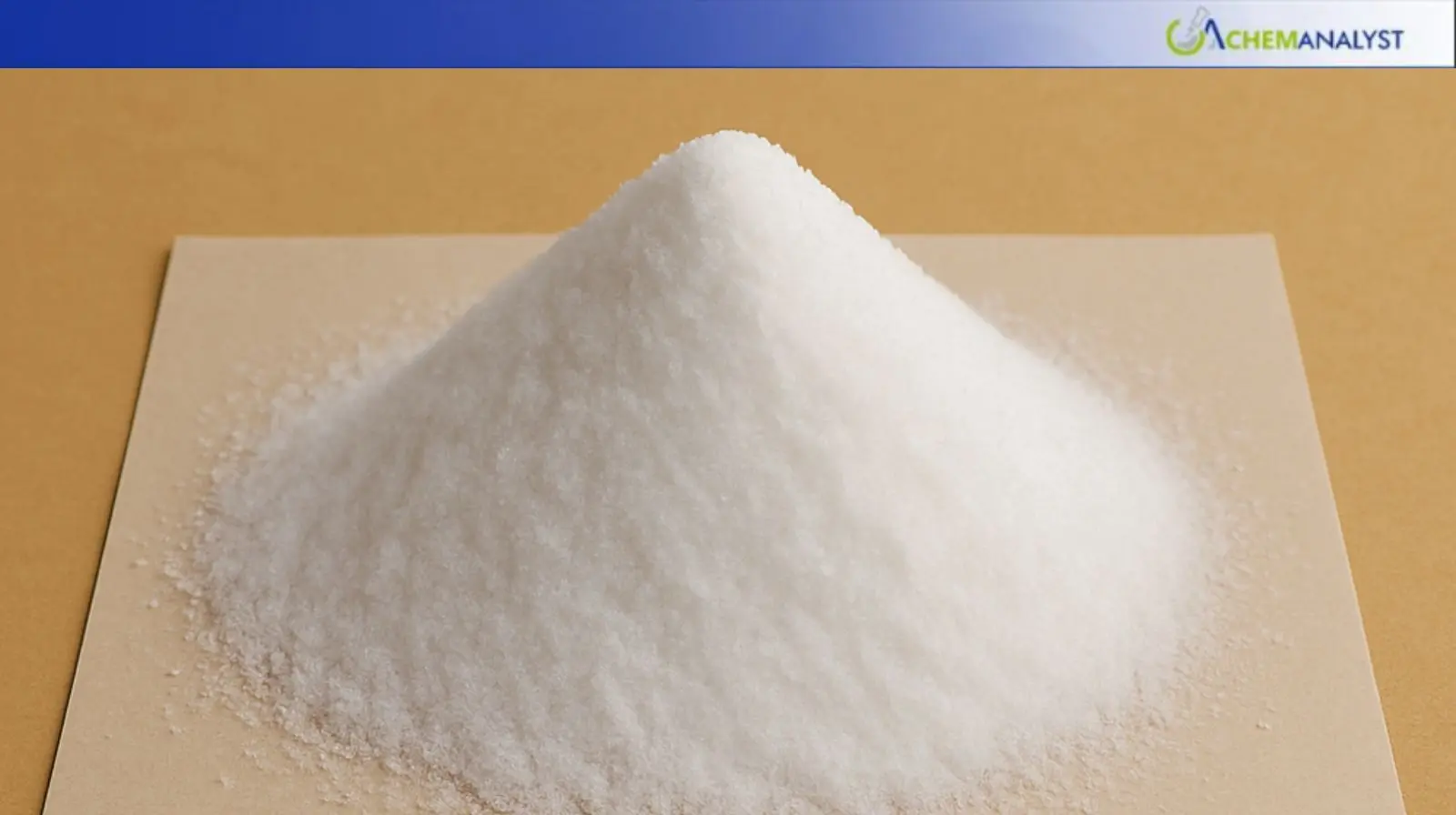Welcome To ChemAnalyst

The U.S. Tartaric Acid market experienced gains in the first two weeks of September 2025 and then softened in the third week. Initial price gains were spurred by disruptions in ocean freight such as blank sailings, heavy congestion at key Asian ports, and reconfiguring capacity. Buyers also cleared higher-than-average inventories from previous shipments, and tariff uncertainty led most to delay ordering new material. Preparations for China's Golden Week also tightened supply, and selective buying and marginal price rises were maintained despite weak downstream demand. In mid-September, prices also relaxed marginally because well-supplied warehouses and restricted new imports offset the market. Prices should stay firm through the rest of September underpinned by high inventories and soft seasonal demand. Looking forward to Q4 2025, sustained freight disruptions, port congestion, and reluctant purchasing in anticipation of tariffs changes could exert slow-rising upward pressure on U.S. Tartaric Acid prices.
Key Highlights:
September xxxx, US Tartaric Acid market evidenced a combination of firm gains in the first half of the month and decline in the third week. Dynamics closely followed ocean freight patterns with blank sailings, congestion at ports, and rebalancing of capacity affecting import flows.
In first week, Prices for Tartaric Acid were assessed at USD xxxx/MT, up x.xxx, supported by logistical disruptions. U.S. importers held higher-than-usual stocks from earlier accelerated shipments, while blank sailings and congestion at major Asian hubs, including vessels anchored at Shanghai’s Yangshan port with three-day...
We use cookies to deliver the best possible experience on our website. To learn more, visit our Privacy Policy. By continuing to use this site or by closing this box, you consent to our use of cookies. More info.
